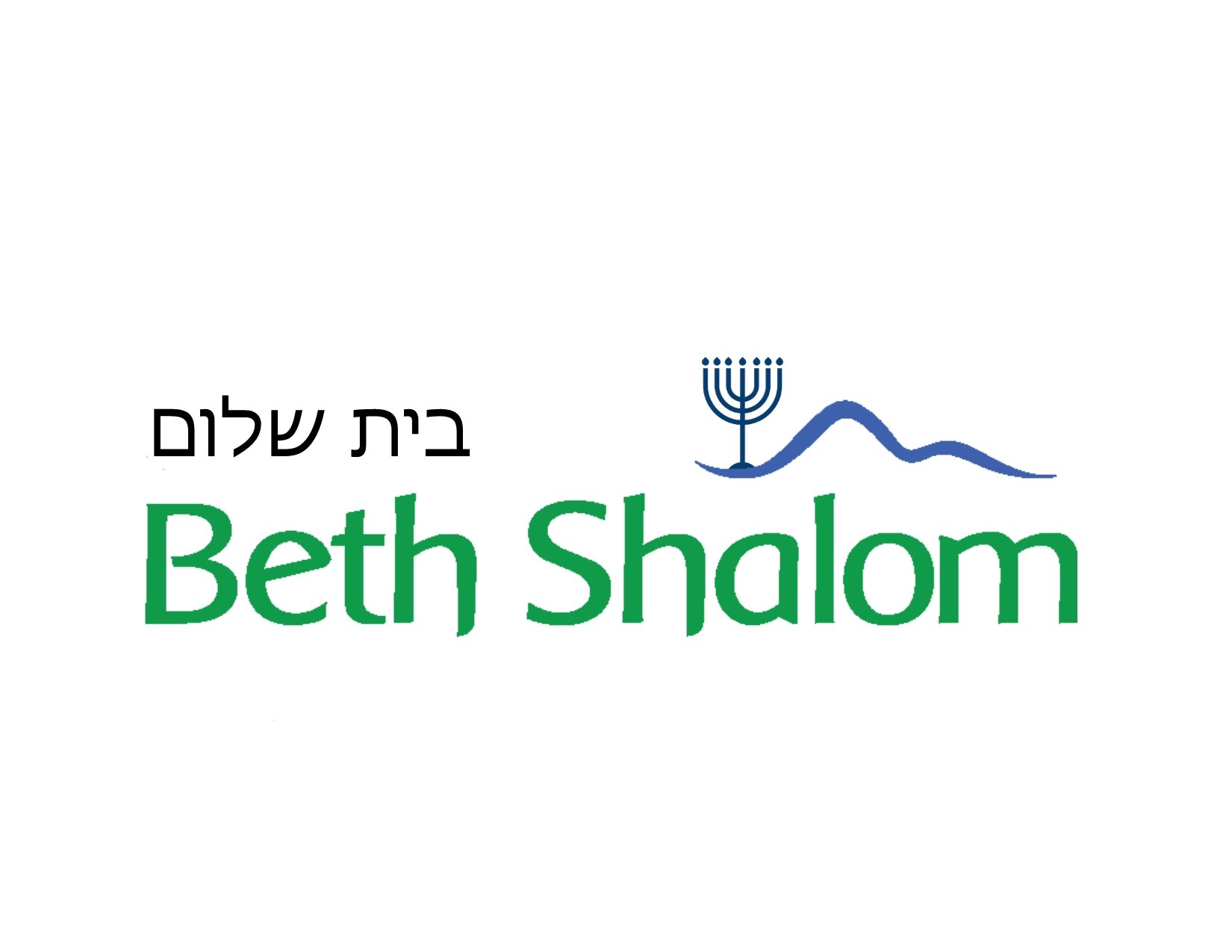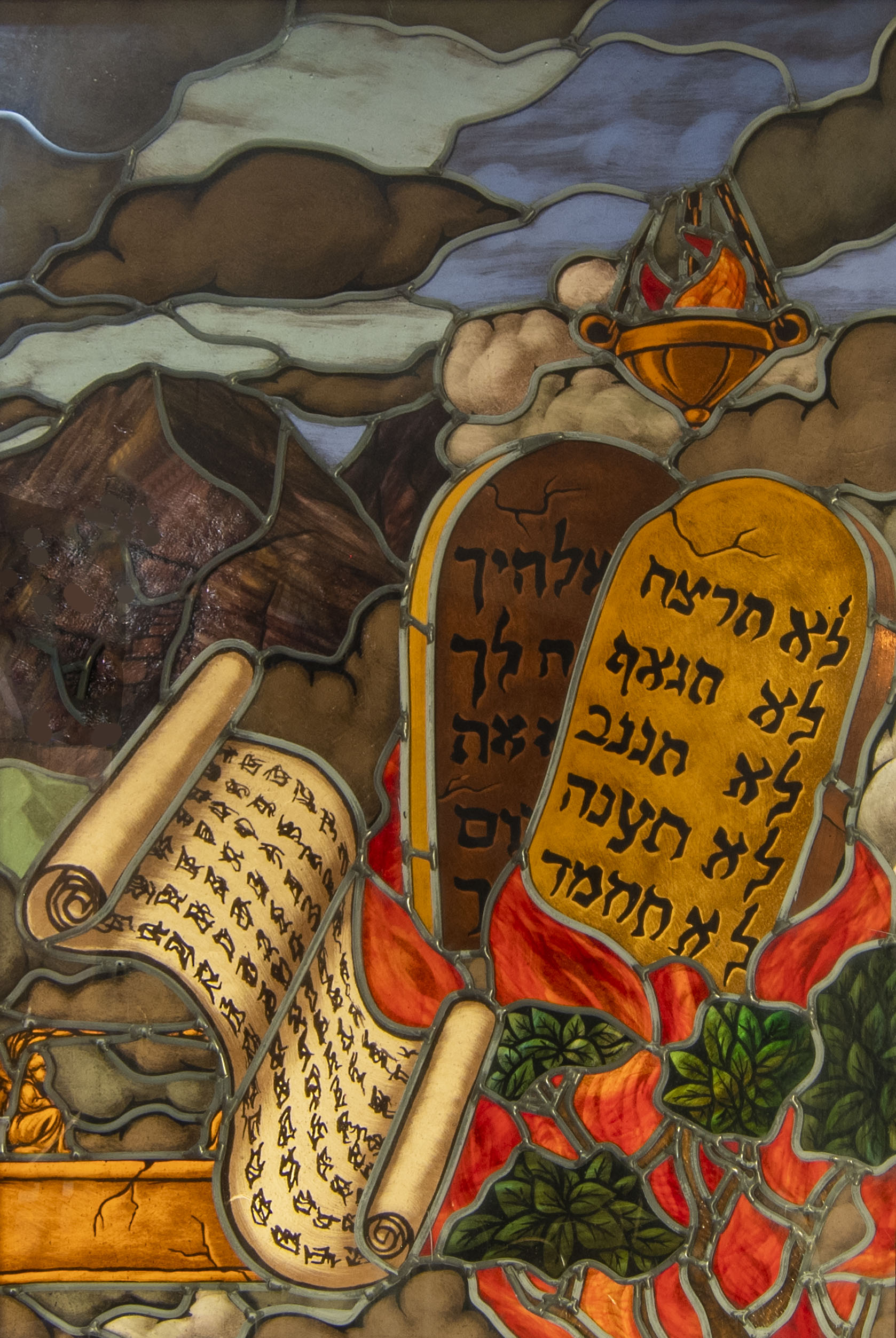PURIM
Date: Adar 15
Meaning: “Lots”
Greetings: Purim Sameah – “A Joyous Purim”
Customs
At Home: We give two gifts (Mishloah Manot) to the poor. Sometimes it is in the form of money; other times we send gifts of food for the celebration. On the eve of the holiday, each family enjoys a festive meal, a Seudat Purim. Hamentaschen, three-cornered pastries, are served.
At Synagogue: The Megillat Esther is read retelling the epic of Ahashuerus, Haman, Mordecai, and the beautiful heroine Esther. Graggers are sounded when the villain Haman’s name is mentioned. Jews dress up in all sorts of funny costumes to parody the mirth of the tale told in the Megillah. It is customary to drink liquor to further celebrate the occasion.
We insert into the liturgy Al HaNissim. In this prayer we thank God for all His miracles beginning with Esther and extending through the epochs.
PURIM
Winter nears its end. We have stayed indoors a good while longer than we would have wished. Days have been short, far too short. While nights plunged into an abyss which even the sun cannot seem to dispel, we celebrate the arrival of hope. Yes, the trees are yet bare. But before long, spring will have arrived. On the occasional warm day we act a little crazy; going out in clothes far too cool for the time of the year. Winter may still blow at us, but the force has been taken from him.
Purim tells the story of the release from the grip of a tyrant. Haman wanted to exterminate the Jews. He was bent — even to his own personal detriment—on destruction of that “certain people.” It is a frightening realistic story; one that we have heard far too often.
The narrative of Esther also reveals a light, flippant side. We drink. More than we should. Synagogue decorum disappears. We smile and joke. We ourselves make a mockery of the whole story by dressing up in costume, holding beauty pageants, parades, shouting and banging whenever we hear the name of the wicked Haman…
But the laughter is not a full joy; it is a throaty laughter. One that comes not from the heart, but with a foreboding darkness. For such a bloody story, full of intrigue and ending in death, a wholesome purging laughter is not possible.
God has no role in the Scroll of Esther. The Holy One’s name does not appear a single time. Instead, we find Vashti being ordered to disrobe before the king and his buddies; she was to appear before him attired in only her crown, Vashti refuses and is deposed. The contest then commences for the next royal consort. Among all the eligible women in the kingdom, Esther is chosen. For months, she prepares herself with preening, perfuming, bathing for the day when she will bed Ahashverus. All the while, we are perplexed; the kinq is a non-Jew. Isn’t there anyone to object? Where are the voices of dissent? None are heard.
Of course Esther gathers her courage to confront the king with her identity and of the plot to kill her and her people. It is a dangerous moment for her because she has been a Marrano until now. No one, including Haman, suspects that Esther is a Jewess. In fact, Haman lusts after Esther (and tries to seduce her). Esther overcomes her fears and saves the Jews. Then the blood-letting begins. Haman is impaled. His sons are likewise put to death as are all the enemies of the Jews in the provinces of Persia. Seventy-five thousand anti-Semites in all.
No wonder God is absent from the bawdy and bloody tale of Esther!
Purim is a holiday of excess; too much laughter, too much drink, too many tall tales, too much blood, too many sexual innuendos… The absence of God is dangerous. So the Rabbis decreed that the fourteenth of Adar be a day of listening to the Megillah read (once in the evening and again in the morning), of giving gifts (mishloan manot) to our friends and to the needy and fasting before the holiday.
There is more: in preparing for the holiday of Purim, we read on the proceeding Shabbat a special addition to the usual cycle of Torah readings. The Shabbat is called Shabbat Zachor, the Shabbat of remembrance. For the last Aliyah, we are reminded of the evil Amalek. Amalek was a man in Moses’ time who sought the destruction of the Jews in much the same way as Haman. We recall the evil people who have menaced us in the past. Shabbat Zachor is not simply about Amalek and Haman; it is about every despot who has taken it upon himself to rid the earth of the Jewish people.
Such ideas are not lightly dismissed. They make us introspective. As the Torah itself states, “The Lord will be at
war with Amalek throughout all time.” How well we know this!
Traditional among our people is the making and sending of baskets or bags of savory foods sent between neighbors, friends and relatives. It is in this way, the Jewish equivalent to Halloween. Children have always enjoyed this holiday delivering and receiving gobs of goodies.
The Whole Megillah
The word Megillah means “roll.” That is, the Megillah is a rolled scroll. Unlike a Torah, the Megillah is bound to a single dowel.

